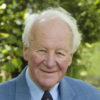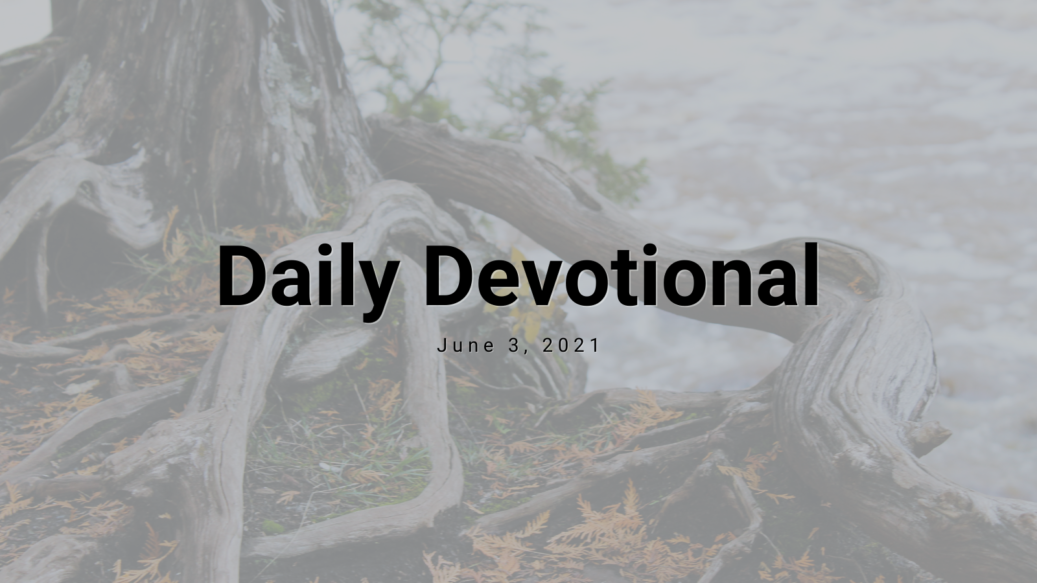Theme of the Week: Radical Discipleship
Bible Verses: “But you are a chosen race, a royal priesthood.” 1 Peter 2:9a CSB
Scripture Reading: 1 Peter 2:4-5,9 ; Revelations 5:10
This metaphor comes as a surprise, even a shock, to many Christians. Yet, we cannot avoid it. God has made us, Peter writes, both “a holy priesthood” (verse 5) and “a royal priesthood” (verse 9).
What on earth did the apostle mean? In Old Testament days, the Israelite priests enjoyed two exclusive privileges. First, they enjoyed access to God. Herod’s temple was surrounded by the court of the priests, from which the laypeople were rigorously excluded. Only the priests were allowed into the temple itself, while only the high priest could enter the holy of holies or inner sanctuary, and then only on the day of atonement.
To underline this, the law prescribed the death penalty to all intruders. This symbolized that access to God was restricted to the priesthood and denied to the laypeople. The second privilege enjoyed by the priests was the offering of sacrifices to God. The laypeople brought their sacrifices and laid their hands on the head of their victim, both to identify themselves with it and symbolically to transfer their guilt to it. But only the priests were allowed to kill the sacrifices, to perform the ritual and sprinkle the blood.
The privileges which were previously limited to the priests are now shared by all, for all are priests. The whole church is a priesthood. Through Christ, all of us enjoy access to God (we have boldness to enter into the holy presence of God, Hebrews 10:19–22). Through Christ, all of us offer to God the spiritual sacrifices of our worship.
This is “the priesthood of all believers,” which the Reformers recovered at the Reformation. Of course, some Christians are still called to be pastors, and in the Anglican church, some pastors are called “priests.” This is not because we have forgotten our Reformation heritage and claim a priestly role denied the laity. It is rather because the English word “priest” (as any dictionary will tell us) is a contraction of the word “presbyter” meaning “elder” and has no priestly connotation. This is why Anglicans in the seventeenth century retained the word “priest” in the Book of Common Prayer. But it can be confusing, and I admire the wisdom of the leaders of the Church of South India and the Church of Pakistan in naming their three orders of ministry “bishops, presbyters and deacons.”
Why then are Christian disciples called “a holy priesthood?” Peter tells us in verse 5: You are being built into a spiritual house to be a holy priesthood, offering spiritual sacrifices acceptable to God through Jesus Christ. Thus we are holy priests called to worship God.
From The Radical Disciple: Some Neglected Aspects of Our Calling. Copyright ©2012 by John Stott. Used by permission of InterVarsity Press, Downers Grove, IL.
As an Amazon Associate, we may earn commission from qualifying purchases on Amazon.ca. Learn more.
Copyright © 2021 Impactus | Promise Keepers Canada. All rights reserved.
About


